Global Newsfeed
Stay up to date and follow the global discussion on the challenging interplay of biodiversity, agriculture, valuing nature and the essential services ecosystems provide us with, via reports, best practices and discussions in online media.
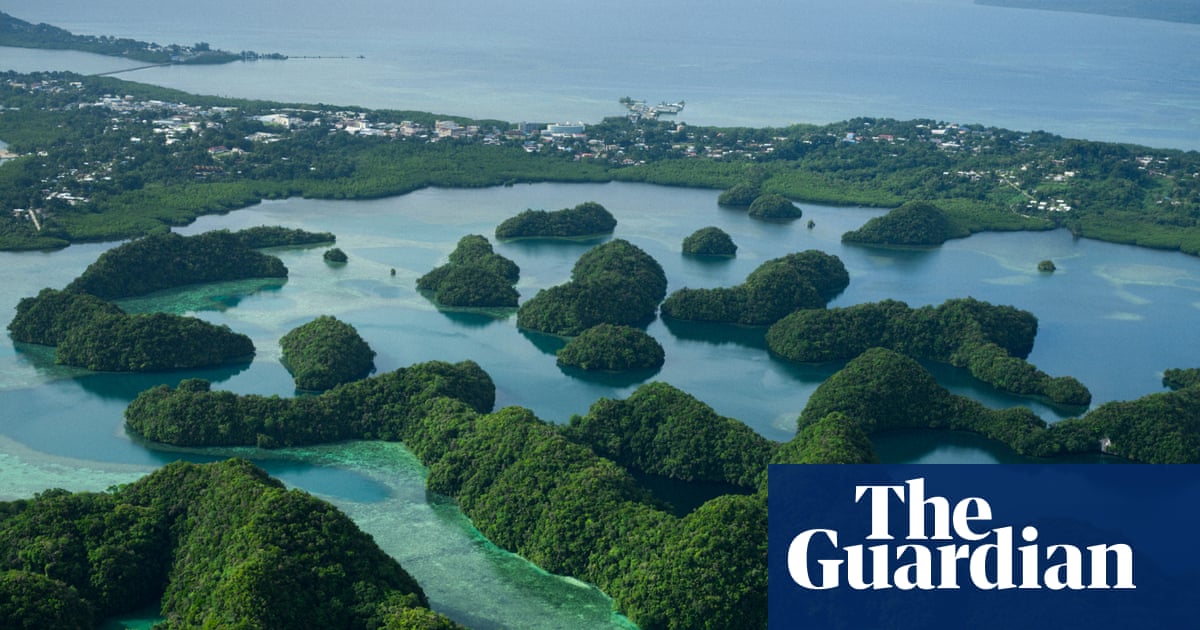
English
Mar 2, 2026
The Guardian
UK slashes climate aid programmes for developing countries
Exclusive: Schemes worth hundreds of millions of pounds to protect biodiversity and oceans likely to be substantially reduced
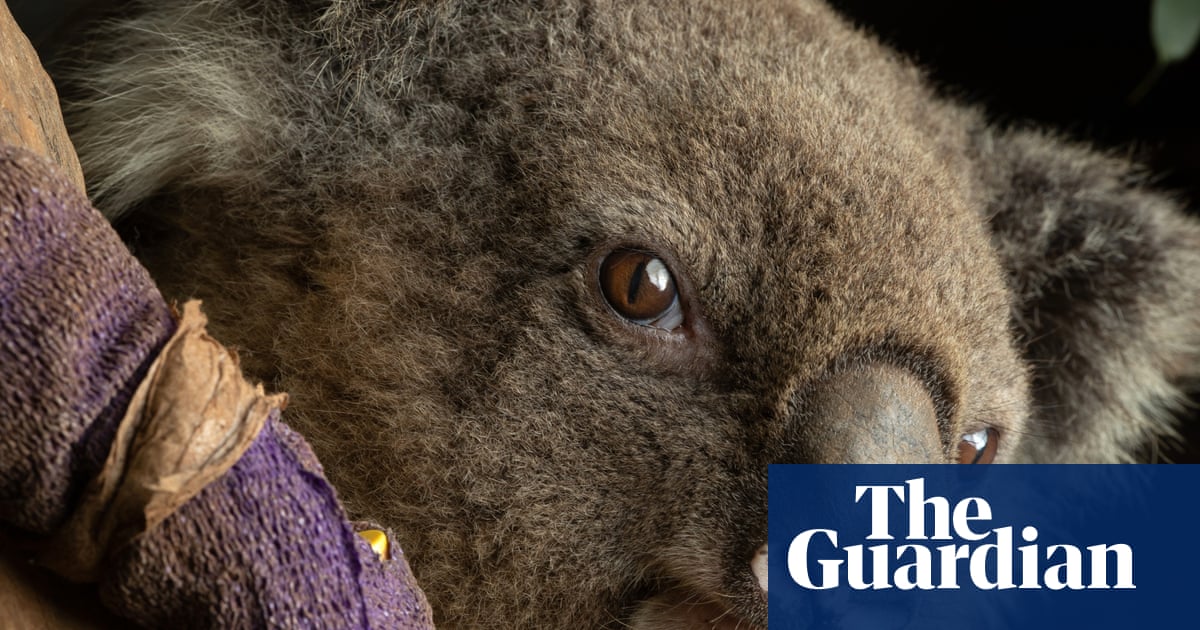
English
Mar 2, 2026
The Guardian
Australian wildlife in ‘harm’s way’ with volunteers left to ‘pick up the pieces’ amid climate crisis, fires and floods
Ken Henry leads push for federal government to do more to protect animals as biodiversity declines
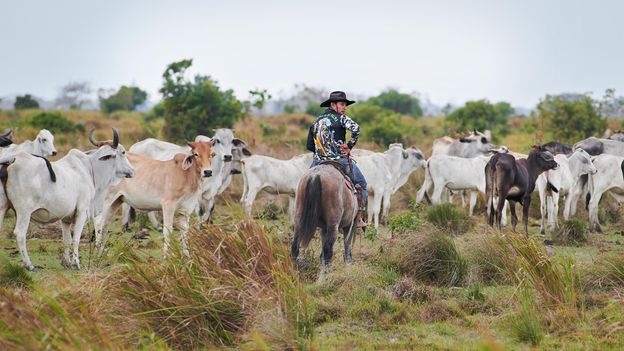
English
Mar 2, 2026
BBC News
The little-known 'Serengeti of South America'
In the vast tropical grasslands of Los Llanos, visitors will find a stunning array of biodiversity, a proud cowboy culture and almost no other tourists.

English
Mar 2, 2026
The Economic Times
5 vitamin c powerhouses in India that aren’t amla
Vitamin C is the primary fuel for our immune system, yet many believe Amla is the only potent source in the Indian diet. While Amla is exceptional, relying on a single fruit can lead to nutritional monotony. In 2026, the focus has shifted toward "biodiversity on the plate"—utilizing the vast array of local fruits and greens that offer high ascorbic acid levels along with unique minerals and digestive enzymes. India’s Diverse Vitamin C Sources
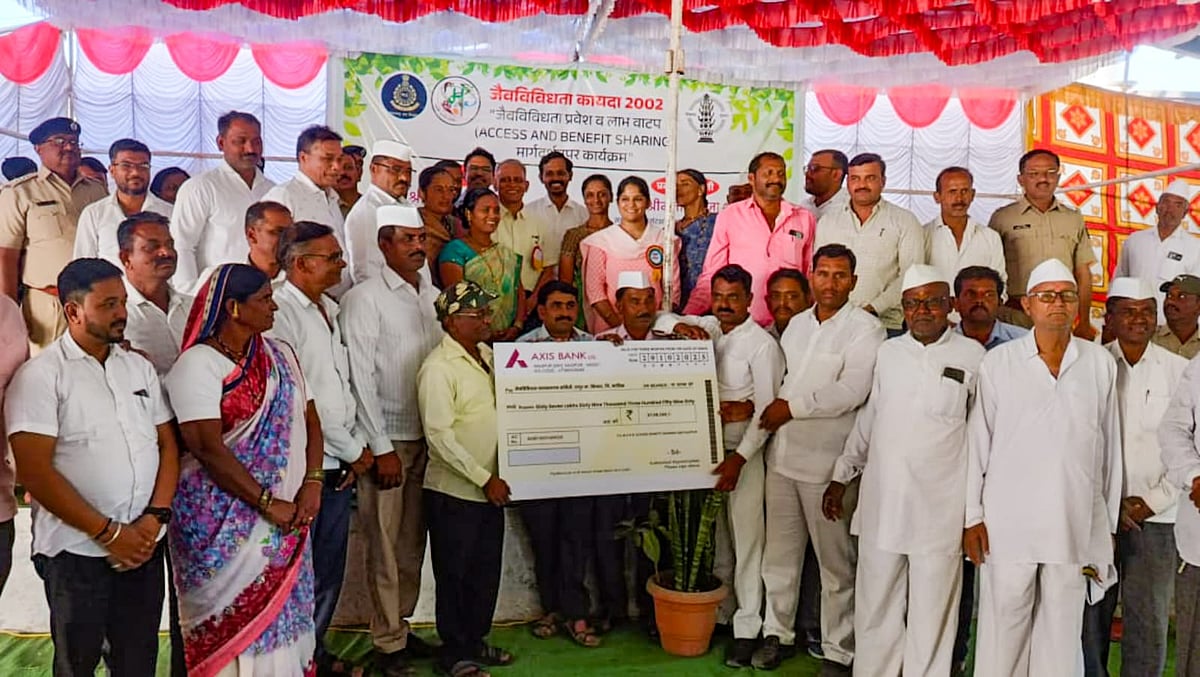
English
Mar 2, 2026
Free Press Journal
Nashik: Soil Bacteria Bring Prosperity To Dapur Village In Sinnar; Biodiversity Committee Receives ₹67.69 Lakh
As per the provisions of the Biodiversity Act, this amount received by the local Biodiversity Committee will be used for the development of the villagers and the protection and conservation of biodiversity. The distribution of this amount was done in the presence of Ravindra Wankhede (B. V. Sec.), Project Officer of Maharashtra State Biodiversity Board

English
Mar 2, 2026
The New Indian Express
ThinkEdu 2026: Local communities play integral role in biodiversity and climate action, says Supriya Sahu
Supriya Sahu cited an example of the fish-bone canal model suggested by communities living near mangroves, which is now being used successfully by the Tamil Nad

English
Mar 2, 2026
Limerick Leader
Limerick school launches new Community Biodiversity Action Plan
Fedamore school, part of Limerick and Clare Education and Training Board, received funding from Community Foundation Ireland

English
Mar 2, 2026
Devdiscourse
Panjappur Lake: A Sanctuary for Migratory Birds and Local Biodiversity
Panjappur Lake in Tamil Nadu plays a crucial role as an urban wetland by attracting diverse bird species. Nesting Grey Herons, migratory Bar-headed Geese, and returning Paddyfield Warblers reveal its ecological significance. Continuous monitoring by experts underscores the need for sustainable conservation efforts to maintain this vital biodiversity hotspot.

English
Mar 2, 2026
Devdiscourse
Unlocking the Mysteries: How Many Bee Species Roam the Earth?
A new study in Nature Communications offers the first statistically derived estimate of global bee species, totaling 24,705 to 26,164. These findings highlight the critical role of bees as pollinators, with vast implications for biodiversity and agriculture. The study emphasizes the importance of identifying undiscovered species to bolster conservation efforts.
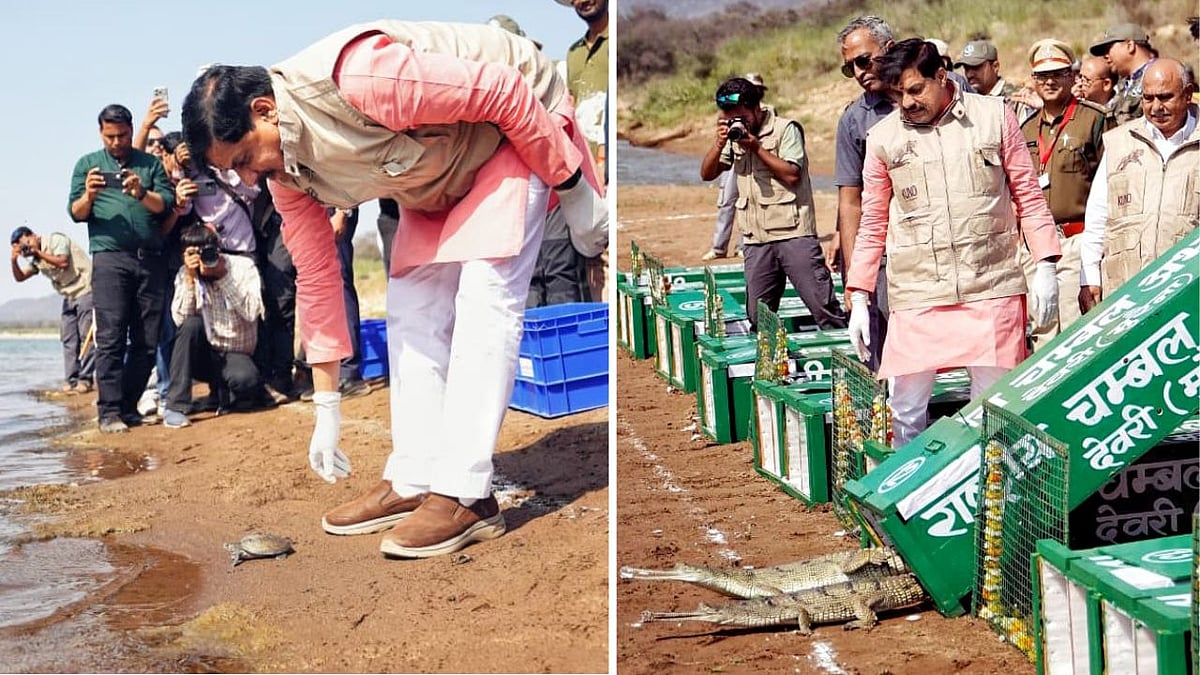
English
Mar 1, 2026
Free Press Journal
MP News: CM Mohan Yadav Releases Turtles, Gharials Into Kuno River
Chief Minister Mohan Yadav released 33 endangered turtles and 53 gharials into the Kuno River to boost aquatic biodiversity. The reptiles were brought from Morena and Deori centres. The CM said the initiative strengthens conservation efforts linked to Kuno National Park, which now hosts 48 cheetahs.
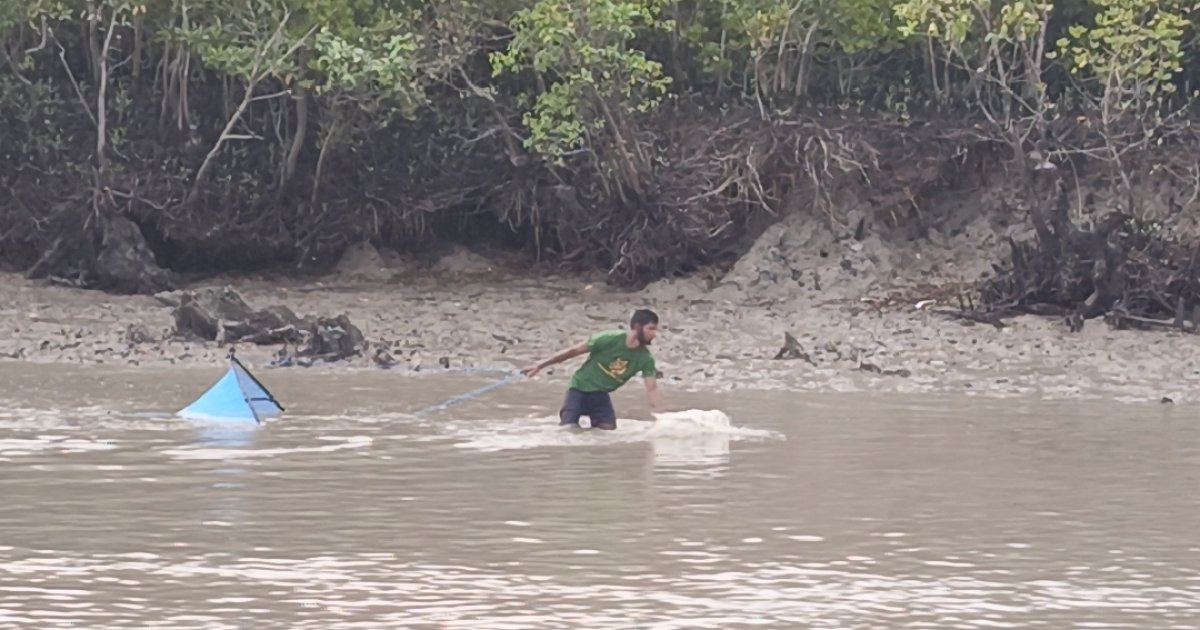
English
Mar 1, 2026
Dhaka Tribune
Crab collection resumes in Sundarbans after 2 months
Crab collection has resumed in Satkhira Range of the Sundarbans after a two-month closure imposed to protect breeding and biodiversity, bringing renewed activity and hope to thousands of forest-dependent families. Fishermen began entering the mangrove forest from Sunday...

English
Mar 1, 2026
Free Press Journal
MP News: CM Mohan Yadav Hails Forest Vision Document, Stresses Modernisation
Chief Minister Mohan Yadav praised the Forest Department’s Vision Document @2047, ‘Reimagining Forest Resources for a Climate Resilient Future,’ emphasizing modernisation and public participation. Structured in five chapters, it focuses on biodiversity conservation, community-based forest management, wildlife protection, optimal resource use, and expanding green cover.

English
Mar 1, 2026
Devdiscourse
Varanasi's Record-Breaking Green Initiative: Over 2.5 Lakh Saplings Planted in an Hour
In Varanasi, more than 2.5 lakh saplings were planted in under an hour, setting a new Guinness World Record. The initiative is part of an urban forest project called 'Namo Van', aimed at enhancing biodiversity and ecological balance. The project is expected to generate significant revenue in coming years.

English
Mar 1, 2026
Evening Chronicle
Northumberland Wildlife Trust releases short films showcasing conservation at nature reserves
Northumberland Wildlife Trust’s Biodiversity Boost Project has produced two short films for nature lovers to watch at their leisure

English
Mar 1, 2026
Times of India
Educational tree walk organized in Trichy for students
Trichy: An educational tree walk for students in Trichy on Saturday, engaged them in the exploration of the city's rich local biodiversity and rare tr.

English
Feb 28, 2026
The Hindu
Wayanad Community Seed Fest 2026 begins
Join the Wayanad Community Seed Fest 2026 to celebrate agrobiodiversity and traditional farming practices from February 28 to March 1.

English
Feb 28, 2026
India Today
The Great Nicobar controversy
As the National Green Tribunal clears the Rs 81,000 crore port and defence project on the island, environmentalists fear the loss it will inflict on its unique biodiversity
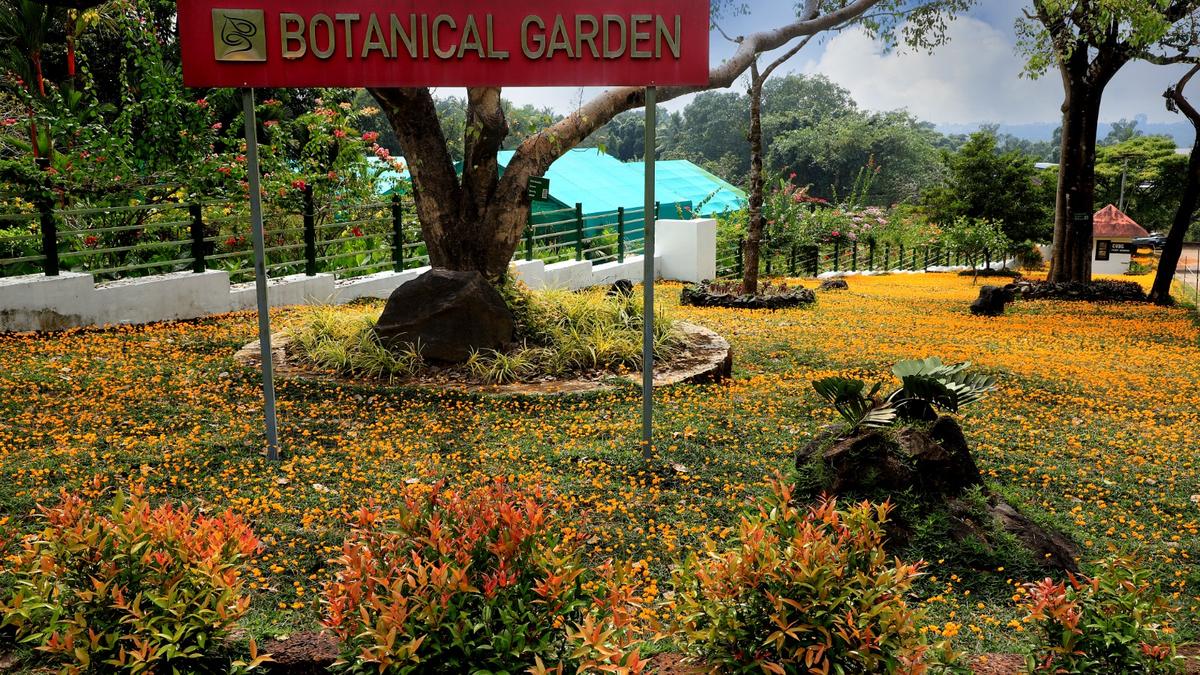
English
Feb 28, 2026
The Hindu
Calicut varsity to have centre for plant taxonomy
Calicut University plans to establish an Interdisciplinary Centre for Plant Taxonomy to enhance biodiversity research and conservation efforts.

English
Feb 28, 2026
Arkansas Online
Study shows bird numbers fall
Decades of observations collected from all corners of the continent show that many of North America's birds are in a state of accelerating decline, according to a new study in the journal Science. Their vanishing songs are a bellwether of a far deeper biodiversity crisis, researchers say -- one that threatens not only beloved species but also the humans who live alongside them.

English
Feb 28, 2026
CNBC TV18
Kuno National Park welcomes fourth cub from Cheetah Gamini, takes India tally to 39
Kuno National Park welcomes Gamini’s fourth cheetah cub and the rare Forest Owlet, marking milestones for Project Cheetah and biodiversity revival in India.